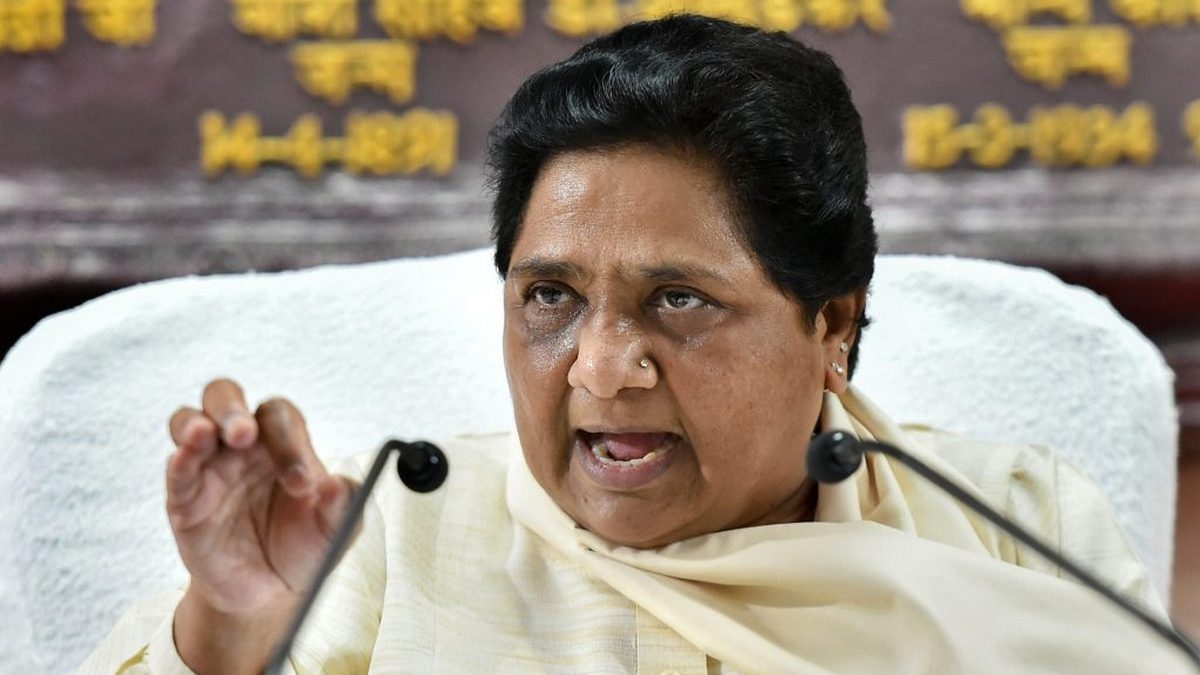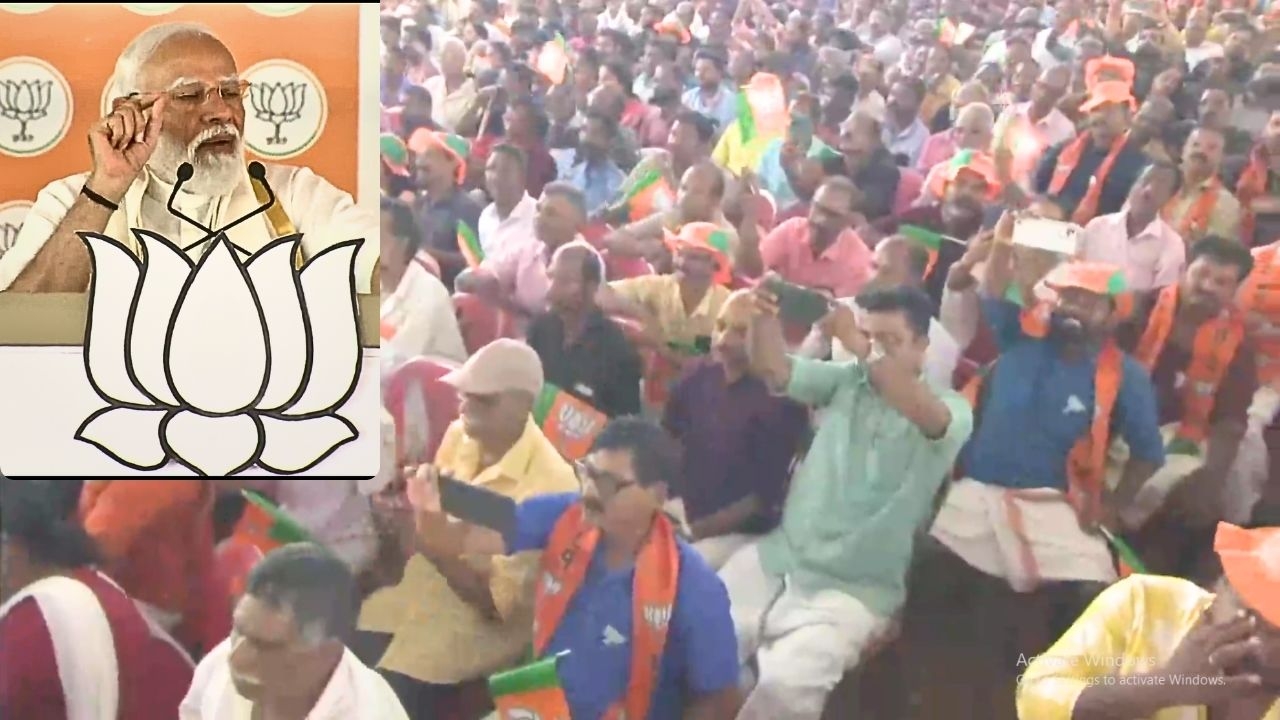Will Goans embrace AAP? Here's why it could win the polls... and why it won't
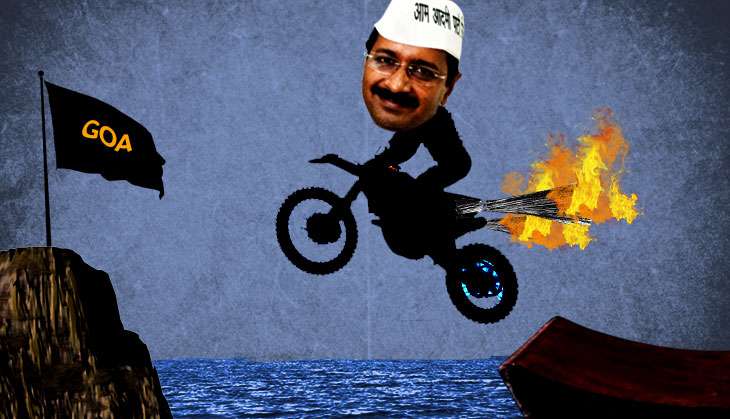
Can the Aam Aadmi Party win the elections to the 40-member Goa Legislative Assembly on 4 February? That's the question everyone in the state seems to be asking, including the voters.
Goan voters are known to elect candidates who serve their constituencies, and this is a front where the new entrant falls short. However, over the last decade, Goans have favoured voting for stable governments - the last two governments were the only stable ones in decades.
AAP has worked hard to portray itself as a stable, united and leader-driven front. So, has the effort paid off?
What may work for AAP
It is undeniable that the Delhi-based party has been the most proactive of all in the state.
The elections came unexpectedly early: since the term of the current Assembly expires only a month later, polls weren't expected before the third week of February.
When the Election Commission announced the polls on 5 January, it threw all parties but AAP into disarray.
Congress leaders waited in New Delhi for party vice-president Rahul Gandhi to return from a vacation and sign off on tickets and alliances. BJP leaders tried to deal with the loss of allies to an alternative Hindutva alliance.
Meanwhile, AAP declared candidates for 36 of the 40 constituences, put up a Chief Ministerial candidate, conducted dozens of 'Goa dialogues' with voter groups and finished consultations with a wide range of interest groups for its manifesto. Its candidates had already conducted one or two rounds of door-to-door visits to every home in their constituencies.
When the elections were announced, AAP leader and former journalist Ashutosh had spent close to four months in Goa overseeing the poll preparations. Pankaj Gupta, also from AAP's headquarters in Delhi, and the man in-charge of the Goa candidates, had been making visits for nearly one year.
Ashutosh and Gupta have lived and worked out of a large apartment in Caranzalem, a suburb of state capital Panaji, along with a host of volunteers working on campaigns, the manifesto, digital outreach etc.
The party has marshalled a large number of volunteers from other states such as Delhi, Maharashtra, Kerala, Tamil Nadu and Karnataka, who are attached to candidates. Each candidate also has a campaign manager, who attends to all administrative and logistical needs, and is typically from Delhi, with experience of the two Assembly polls AAP contested in the national capital.
AAP has held few rallies - instead, each candidates is meant to make door-to-door visits. At an average of three minutes per home, the party hopes that each candidate can complete four rounds of visits before the polls.
At least eight candidates have come from other parties - former MGP leader Devendra Prabhu Parsekar Desai is contesting against Chief Minister Laxmikant Parsekar of the BJP; former Congress legislator Karl Vaz is contesting from his home ground Mormugao; Sitaram Gauns from Poriem is a former BJP office bearer.
Many of its candidates are well-known activists in their respective areas: Ravindra Velip, a tribal panchayat member and anti-mining activist is the AAP candidate from the mining-dominated Sanguem constituency; Siddharth Karapurkar, an environmental activist, has been put up from Navelim; Godwin Fernandes from Calangute constituency runs an NGO 'Save Calangute'; Ajitsinh Rane from mining-dominated Mayem is a union leader of miners; and fishermen-dominated Dabolim and Cortalim have fishing activists Vasant Sahadev Naik and Olencio Simoes, respectively.
AAP's CM candidate, Elvis Gomes, who is contesting from Cuncolim in South Goa, is a bureaucrat who joined the party after dramatically resigning from the Goa civil services after taking the state government to court for being denied a promotion. He has headed nearly all departments in Goa - from tourism to ports, from urban development to panchayats.
The AAP election manifesto addresses all the major constituencies in the state: from tenant farmers who are unhappy with a 2014 legislation that asks them to prove their land holdings, to iron ore miners who want mining to resume, to the promise to shut down casinos, which finds resonance among most middle-class Goans.
What may not work
Despite the initial work put in by the party, it has failed to create any palpable waves on the ground. This is apparent when one travels into the rural areas, where many have either not heard of AAP or aren't confident about voting for the party.
So far, AAP is confident of eating into the Congress vote. This is especially so in South Goa's Salcette taluk, which is a Catholic-dominated area where the BJP does not traditionally field candidates, but supports independent Catholic candidates.
AAP's rise has caused anxiety within the Congress. "Why do you think they put forth Elvis Gomes, a Catholic from South Goa, as their CM candidate? It's because they are focussing on the south and cutting into all our votes," a member of the Goa Pradesh Congress Committee said.
The Hindu and Marathi-speaking bastions in North and East Goa have been tough for AAP to crack, and many leaders from the BJP and the Maharashtrawadi Gomantak Party wave off AAP as a concern.
Some of AAP's candidates came as a surprise to volunteers, and the party's proximity to real estate interests, as well as its clear pro-mining position, has unsettled civil society members.
Although many of AAP's initial supporters were from the civil society, the party has nearly failed in capturing the support of people's agitations. An example of this is the IIT Goa issue, which had polarised a village in South Goa, with a majority of the 3,000 voters against the project.
BJP and Goa Forward members were at the forefront of promoting the project. The Congress did not take a position, even though its leader and MLA candidate Isidore Fernandes was present at some agitations. AAP showed some interest in the beginning, but remained a fence-sitter throughout. The party closely watched every move of the protesters, but never declared its support.
This may have been AAP's attempt at realpolitik, but it fanned talk about the party being disconnected from local issues, and one run by Delhiwallahs.
The local media has also not taken AAP seriously - save for one or two newspapers, the others rarely mention AAP candidates in their constituency-based stories, and while they cover small developments in the Congress, BJP and other parties, AAP is left out.
AAP leader Ashutosh had said in a press conference that one prominent English newspaper and a Marathi daily had demanded money in return for coverage, as did several local TV channels.
AAP has instead focussed on social media, where each of its press meets are broadcast live.
Sweep or be swept?
It's obviously impossible to predict the outcome. Even AAP strategists are divided: some feel the party could win 10 seats in the state, while others feel it will sweep.
The uncertainty could be for two reasons:
One, there are too many non-BJP parties in the fray. The Congress has failed to ally with the Nationalist Congress Party, and with the Hindutva votes too split between BJP and the MGP-led alliance, anything could happen in the next two weeks.
Two, Goa's voters are a silent lot. It is still possible that they would vote in hordes for AAP. There are still many voters who speak of being 'fed up' with Congress and BJP governments, and of 'giving a chance' to AAP. In the last elections, BJP and Manohar Parrikar too were 'given a chance', by what turned out to be 34% of the electorate.
Almost every Goan believes that AAP will get 'two to five' seats, but nobody can tell where those seats will come from. AAP insiders believe this is a sign of the party being in the mindspace of every voter.
Edited by Shreyas Sharma
More in Catch
In Goa, AAP gives signed guarantees to fulfill poll promises
Kejriwal's first Goa rally in Benaulim: 'It's everyone else vs AAP'
Goa Assembly polls 2017: The hot seats, the names you need to know & the numbers
First published: 21 January 2017, 12:42 IST

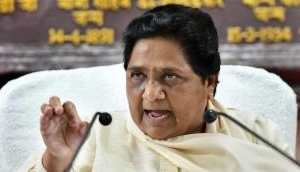
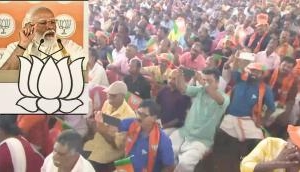
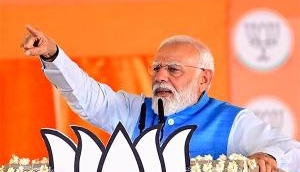
_251267_300x172.jpg)

![BJP's Kapil Mishra recreates Shankar Mahadevan’s ‘Breathless’ song to highlight Delhi pollution [WATCH] BJP's Kapil Mishra recreates Shankar Mahadevan’s ‘Breathless’ song to highlight Delhi pollution [WATCH]](http://images.catchnews.com/upload/2022/11/03/kapil-mishra_240884_300x172.png)

![Anupam Kher shares pictures of his toned body on 67th birthday [MUST SEE] Anupam Kher shares pictures of his toned body on 67th birthday [MUST SEE]](http://images.catchnews.com/upload/2022/03/07/Anupam_kher_231145_300x172.jpg)


